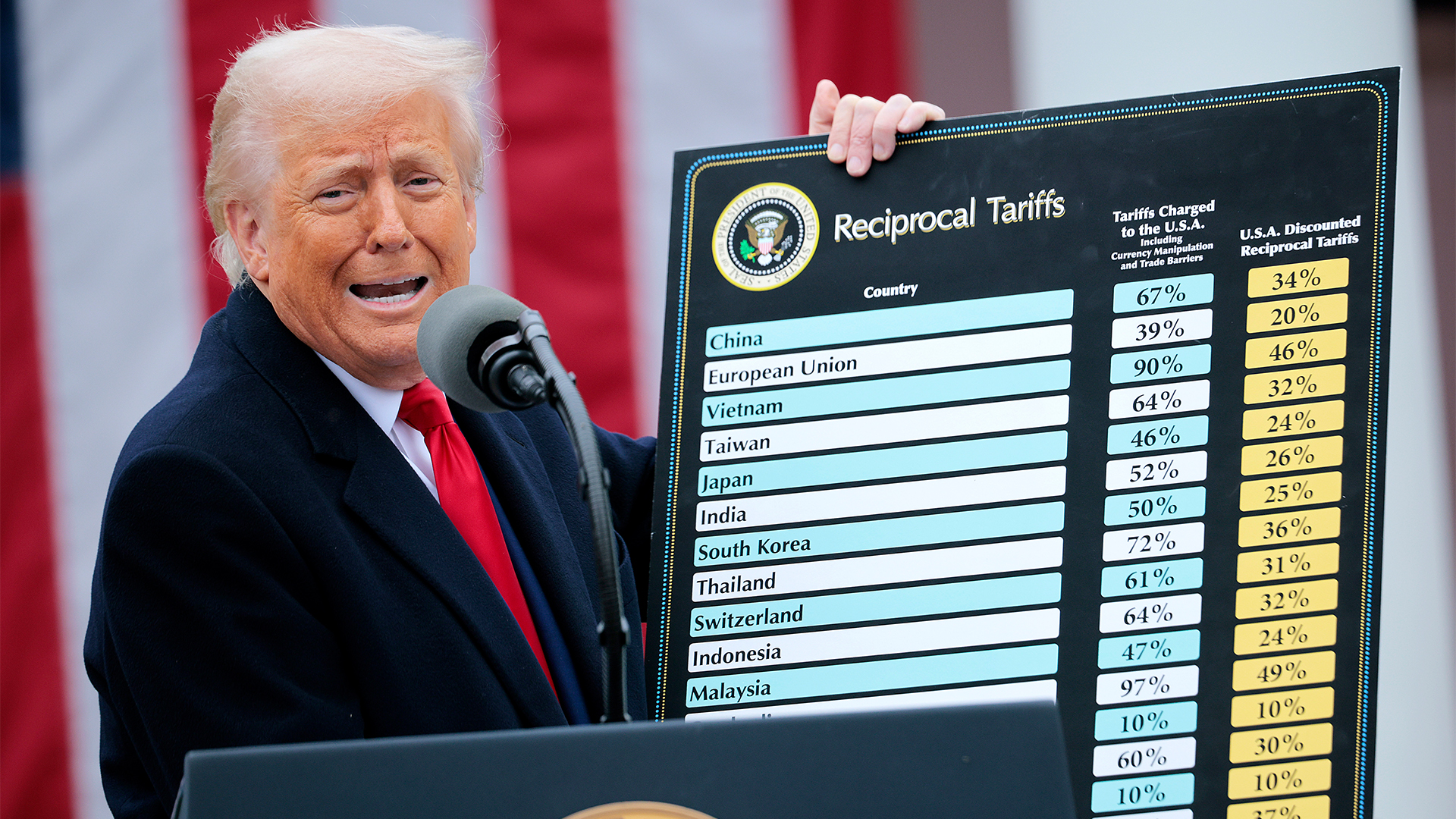US blocks CHIPS-funded companies from investing in China
Companies should be able to apply for the $50 billion in funding from February 2023


The US has underlined that any company that receives funding from its new CHIPS programme will not be able to invest in its operations in China.
The new $50 billion funding is aiming to boost the US’s semiconductor production capabilities following the chip shortage, at a time when the US and China are experiencing trade tensions.
Commerce Secretary Gina Raimondo underlined yesterday that companies that receive CHIPS funds cannot compromise national security by using the money to invest in China, develop leading-edge technologies in China, or send the latest technology overseas.
Additionally, Raimondo said that the funding won’t be a blank check for companies and it won’t be for them to pad their bottom line. CHIPS funding can’t be used for stock buybacks and is not intended to replace private capital.
She said the funds are intended to help companies maximise the scale of their projects, and warned that the Commerce Department can claw back money. The department will use the clawback authority if companies fail to start their project on time, fail to complete their project on time, and fail to meet their commitments.
“These are some of the most stringent taxpayer protections and guardrails we’ve ever had, and the American people are counting on us to get it right,” said Raimondo. “And it’s a responsibility that we take very seriously.”
RELATED RESOURCE

Raimondo added that the Commerce Department expects to start receiving applications from companies for the CHIPS funding no later than February 2023.
Get the ITPro daily newsletter
Sign up today and you will receive a free copy of our Future Focus 2025 report - the leading guidance on AI, cybersecurity and other IT challenges as per 700+ senior executives
The commerce secretary also shared the goals the administration hopes to meet with the funding. First, it hopes to make large-scale investments in leading-edge manufacturing, which will target around $28 billion to establish domestic production of logic and memory chips.
Secondly, it’s set to invest around $10 billion in new manufacturing capacity for mature or current-generation semiconductors. It hopes to increase domestic production across a range of chips, including those used in cars or communication technology.
Lastly, it will dedicate $11 billion to research and development programmes, including the creation of a National Semiconductor Technology Center.
Zach Marzouk is a former ITPro, CloudPro, and ChannelPro staff writer, covering topics like security, privacy, worker rights, and startups, primarily in the Asia Pacific and the US regions. Zach joined ITPro in 2017 where he was introduced to the world of B2B technology as a junior staff writer, before he returned to Argentina in 2018, working in communications and as a copywriter. In 2021, he made his way back to ITPro as a staff writer during the pandemic, before joining the world of freelance in 2022.
-
 IDC warns US tariffs will impact tech sector spending
IDC warns US tariffs will impact tech sector spendingNews IDC has warned that the US government's sweeping tariffs could cut global IT spending in half over the next six months.
By Bobby Hellard
-
 US government urged to overhaul outdated technology
US government urged to overhaul outdated technologyNews A review from the US Government Accountability Office (GAO) has found legacy technology and outdated IT systems are negatively impacting efficiency.
By George Fitzmaurice
-
 US proposes new ‘know-your-customer’ restrictions on cloud providers
US proposes new ‘know-your-customer’ restrictions on cloud providersNews The US aims to stifle Chinese AI competition with new restrictions on cloud providers to verify foreign data center users
By Solomon Klappholz
-
 SEC passes rules compelling US public companies to report data breaches within four days
SEC passes rules compelling US public companies to report data breaches within four daysNews Foreign entities trading publicly in the US will also be held to comparative standards
By Rory Bathgate
-
 US says National Cybersecurity Strategy will focus on market resilience and private partnerships
US says National Cybersecurity Strategy will focus on market resilience and private partnershipsNews The recently announced implementation plans alow for more aggressive action against ransomware gangs
By Rory Bathgate
-
 US ‘Tech Hubs’ drive aims to boost innovation in American heartlands
US ‘Tech Hubs’ drive aims to boost innovation in American heartlandsNews The development of the hubs will could help drive regional innovation and support for tech companies
By Ross Kelly
-
 Boomi snaps up former MuleSoft executive as APJ channel lead
Boomi snaps up former MuleSoft executive as APJ channel leadNews Global software veteran Jim Fisher will work to expand the company’s channel operations across the region
By Daniel Todd
-
 Why Microsoft Teams has only just launched in China
Why Microsoft Teams has only just launched in ChinaNews The tech giant has officially launched Teams via its local partner in China, after it was launched globally in 2017
By Zach Marzouk

